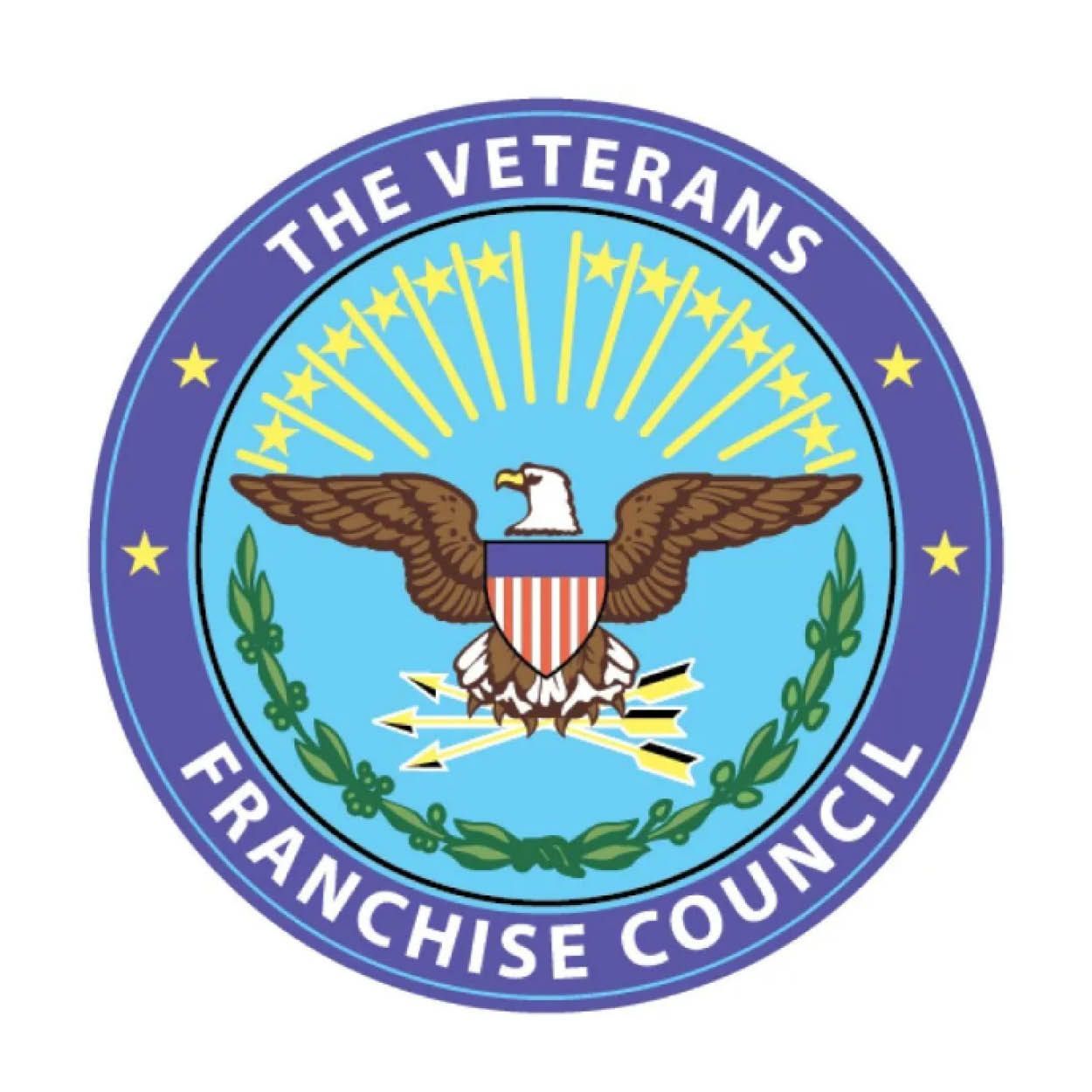Finding Fulfillment in Franchise Ownership: A New Chapter for Military Veterans
Transitioning from military service to civilian life can be both exciting and challenging for veterans. Many seek career paths offering structure, independence, and purpose while utilizing leadership and organizational skills honed in the military. For a growing number of veterans, franchise ownership offers an ideal solution, combining business ownership with a proven framework. Just as veterans prepared for their military missions, preparation is also essential for thriving in franchise ownership.
Why Franchise Ownership Appeals to Veterans
Structured Systems and Proven Processes
Franchise systems are built on established business models, providing a sense of structure that resonates with veterans accustomed to following procedures and operating within a chain of command. A franchise offers a clear roadmap, training, and ongoing support, which reduces the uncertainty of starting a business from scratch.
Leadership Skills Translate Seamlessly
Veterans bring transferable skills to the business world, including leadership, discipline, decision-making, and the ability to adapt under pressure. These skills are essential in running a franchise, which often involves managing employees, setting goals, and overcoming challenges. Veterans' mission-oriented focus also helps them commit to their business's long-term success.
Support and Camaraderie
Many veterans miss the camaraderie and teamwork of military service. Franchises, particularly those that actively recruit veterans, can provide a sense of community and shared purpose. Some brands even offer veterans-only networks within their franchise systems, helping veteran owners find support among peers who understand their unique challenges.
Franchise Incentives for Veterans
Many franchisors actively seek veterans as franchise owners and offer incentives like discounts on franchise fees, training, and start-up costs. This financial support makes franchise ownership more accessible for veterans who may hesitate to invest in a business. The Franchise Consulting Company, for instance, connects veterans with franchisors offering these benefits.
Preparing for Franchise Ownership Before Leaving the Military
Although franchise ownership offers many advantages, jumping into business ownership right after leaving the military can be overwhelming. To ensure a smoother transition, veterans should prepare by taking the following steps:
Research Franchise Opportunities
Veterans can explore franchise options before or after their separation date. With thousands of brands—from fast-food chains to home services and fitness studios—narrowing down industries aligned with personal interests and skills is crucial. Veterans can attend franchise expos, research online, and reach out to consultants like Charles Deitrick from The Franchise Consulting Company, who guides veterans toward franchises that actively support veteran owners.
Understand the Financial Commitment
Franchise ownership comes with upfront costs, including franchise fees, start-up expenses, and royalty payments. Veterans should assess their financial readiness, including personal savings and funding options. Fortunately, there are funding opportunities specifically for veterans, such as Small Business Administration (SBA) loans, veteran-specific loans, and franchisor financing options. Many franchisors offer discounts to veterans on franchise fees.
Utilize Transition Assistance Programs (TAP)
The Department of Defense’s Transition Assistance Programs (TAP) help service members prepare for civilian life. While TAP generally covers job searching and resume writing, veterans interested in business ownership should focus on entrepreneurship resources. TAP offers guidance on SBA loans, finding a mentor through SCORE, and accessing veteran entrepreneurship programs.
Develop a Business Plan
Although franchises provide a framework, veterans need a business plan to guide decisions and secure funding. A solid business plan includes details about the specific franchise, market analysis, financial projections, and growth strategies. Veterans can leverage their military planning experience to create a strong business plan, and numerous veteran-focused resources are available to help.
Seek Mentorship and Training
It is essential to gain practical experience in the franchise industry. Veterans should consider working in the type of business they’re interested in before investing. This allows them to form relationships with franchise owners, gain insights into daily operations, and determine if the business is the right fit. Some veterans also pursue business management education to better handle the financial and operational aspects of franchise ownership.
Plan for the Personal Transition
Transitioning to civilian entrepreneurship can be challenging on a personal level. Veterans should consider how business ownership might affect their work-life balance, family dynamics, and mental health. Building a strong support system, whether through veteran networks, fellow franchisees, or family, can help ease this transition.
Franchise ownership offers veterans a fulfilling and structured path to entrepreneurship, allowing them to apply their leadership and operational skills in a civilian environment. With careful planning and preparation, veterans can find success and purpose as franchise owners, building thriving businesses aligned with their personal and professional goals. By researching opportunities, understanding the financial landscape, and seeking mentorship, veterans can successfully transition to civilian life and create a new mission for themselves in business.
About the Author
Charles Deitrick has been an entrepreneur for most of his life and is passionate about helping others achieve their dream of business ownership, offering practical guidance, insight, and wisdom to his clients along the way. If you desire to own your own business or have a business that you want to expand through the franchise model, contact Charles at cdeitrick@thefranchiseconsultingcompany.com.








SIGN UP FOR THE FRANCHISE JOURNAL NEWSLETTER
FJ Subscribe
Thank you for subscribing to The Franchise Journal.
Please try again later.



